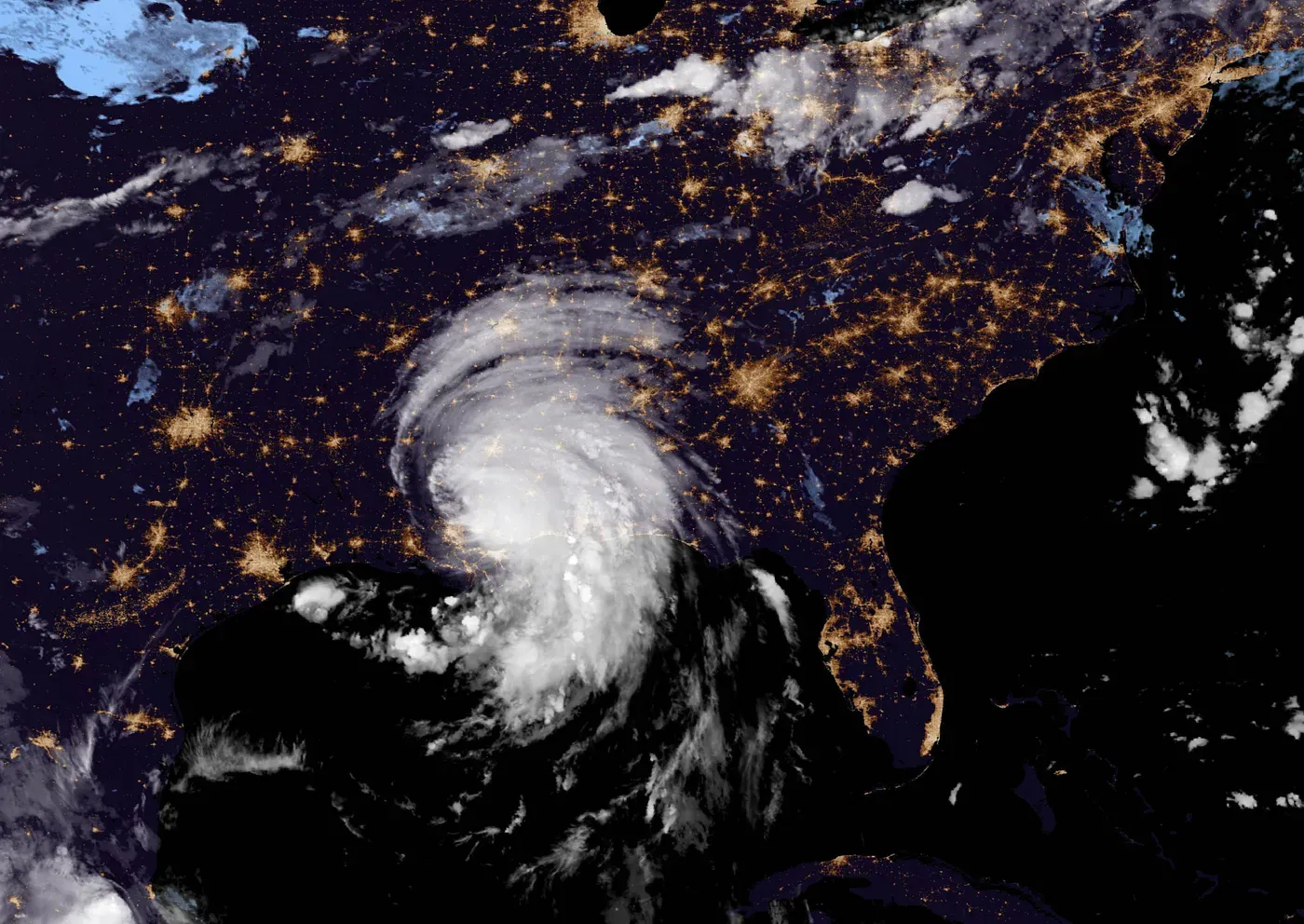Some notes on crypto, capitalism, climate change and antitrust

I gave a talk last week on the theme of the future of capitalism and technology. It was off the record, so I don’t have a transcript, but I wanted to share some raw speakers notes which cover a pretty wide gamut of the major discussion topics.
As always seems to be the case, capitalism seems to be working just fine — venture capital returns are high, startups are growing, etc. Arguably one of the most productive times for innovation, new technologies, creative destruction, and everything that you could really ask for when it comes to American-style capitalism.
Obviously, though, even as many things are working well, there are other challenges. Huge macro concerns around global asset price inflation and inflation more generally. Supply chain disruptions, dislocations of people and employers, etc.
But I want to talk about three major challenges that are really getting at the crux of the future of capitalism and technology:
- Climate change, collective action problems, and capitalism
- Crypto and the future of finance
- Antitrust and “the market for facts”
Climate change, collective action problems, and capitalism
- We are just coming off of COP 26, the first major climate conference since Paris in 2015. One year delayed due to COVID. The results were lackluster. Coal commitments went from “phase out” to “phase down”. Net emission targets aren’t compelling. It’s an absolute mess.
- Some fundamentals:
- 3 billion more people in by the end of this century
- Massive expansion of the energy economy required for the billions of people who live in developing countries
- This is the biggest challenge to capitalism today, period.
- Raises huge questions — how do you handle decentralized decision-making with collective-action problems. How do you coordinate in a Hobbesian state of anarchy? Is capitalism even useful at a time like this? More and more people believe that the climate change movement can also overthrow capitalism and replace it with a Red Plenty or other forms of social democratic models.
- Personal view: dark view on climate future. The Surfside Condo Collapse problem of climate change. Condo owners at Surfside ignored warnings from engineers that their building was going to fail, delayed maintenance, and ultimately allowed the building to collapse. Very interesting game theory properties.
- Capitalism has a chance, but it needs to be allowed to work. Three solutions:
- First, you need to allow markets to work. Carbon markets are mostly non-existent today although the Europeans are trying. Huge challenges — how do you quantify carbon capture and removal. How do you build a traceable asset? Carbon Coin. Pigovian tax.
- Second, technological advancements. More innovation and research to be done. So many categories — vertical farming, fusion, energy sources, space, data center chips, smart grids, better home design, urban design, etc.
- Third, regulatory — very hard to innovate in many areas of the economy where the most carbon savings can be had. Creating more adaptable regulatory regimes can make a huge difference.
- Capitalism can solve collective action problems and climate change, but it has to be allowed to show up at the door.
Crypto and the future of finance
- Intro
- Big Points:
- Coordination with DAO or decentralized autonomous organizations (ConstitutionDAO). Might be a way to coordinate actors across collective action problems related to climate change. Are totally new concept of governance.
- “Blockchain” is a brand. Digitalization could have happened at any time, but blockchain is the moniker that banks and others have decided to go under. Could have been in the 1980s with IBM, or 1990s, or 2000s, but here we are and this is what is convincing to finally digitize.
- Huge questions about scarcity economics in the age of the metaverse and virtual goods. NFTs.
- Vincent Van Gogh exhibit talking about how Johanna Bonger spent much of her life entrepreneurially popularizing his work. We might not care about it at all without her dedication to building up his reputation. All art at some point is valued based on its perception.
- Do we need scarcity to create value? What ever happened to the “open” (as in free) web?
- Asks major questions about the power centers of the nation state. What is the reserve currency? Does this undermine USD? Who regulates a decentralized currency. What about KYC and identity? Should governments own identity cards? Could we imagine a private driver’s license? Snow Crash / cyberpunkian motifs here.
Antitrust and “the market for facts”
- Huge question due to network effects: How big is too big? What scale do governments need to intervene in tech markets. Is there a limit to “allowed” success? What if one company’s monopolistic success blocks 30 other startups and new innovations from succeeding?
- We only have one legitimate search engine with Google — what if we had 30 to choose from. Would consumer welfare be better off? How do we calculate that, particularly when those other 30 are theoretical.
- Knowledge is critical for the proper functioning of capitalism. Preferences need to be expressed and transmitted for market prices to work.
- If more and more knowledge is owned and controlled by smaller numbers of actors, then that massively changes the nature of all markets, in ways we don’t necessarily know the answer to.
- Antitrust and info control will be one of the defining political battles of the 2020s — it’s coming to a head globally, locally, and on a bipartisan basis (broad spectrum coalition concerned about these challenges). Everyone has reasons to hate the status quo. But overlap on solutions is minimal.